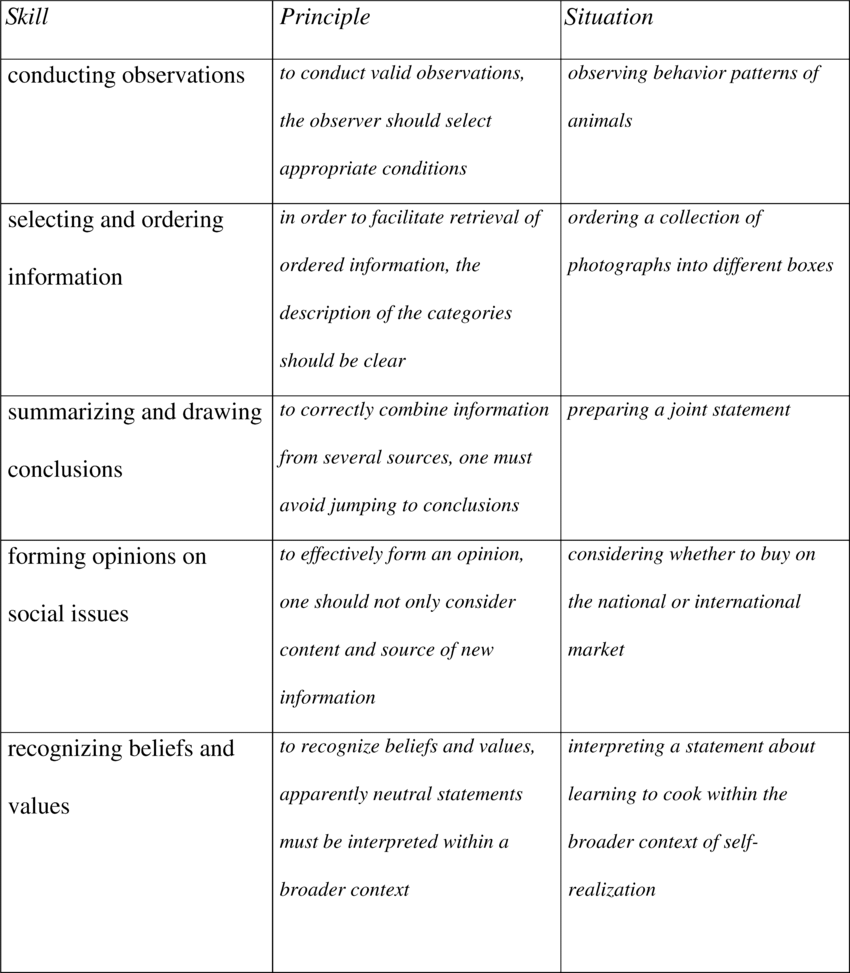Occasionally I encounter an emblematic story of our time. I recently read a case in which a man hired a woman to be a ‘surrogate mother [i]’. The man agreed to pay him to have children, who were conceived by in vitro fertilization with male sperm and eggs donated by another woman Triplets have been designed, but the man wants the woman to abort one, and the signed contract gives him the legal right to do so. She aborted the child, so she took legal action to prevent abortion and offered to raise the unwanted child alone. But the man doesn’t want that, and now he thinks it would be better to give the child up for adoption.
The marketing of children, the carelessness with which man wants to get rid of one of the babies and other problems posed by this case cause chills in the spine, here we see the logical results of what happens when humans do not have a solid and objective model of good and evil.
- Modern science and technology have introduced problems that the Church had never faced before.
- When it comes to many biomedical problems.
- We don’t have the advantage of two thousand years of thorough research.
- Debate and understanding of complex and dense problems.
- Survival systems.
- Cloning.
- In vitro fertilization and other technologies have introduced new dilemmas and raised new ethical questions.
It is not that we do not have basic principles to apply to these problems, as provided by the scriptures. The difficulty lies in applying these principles to new situations that we have never faced before. And we do not face abstract theoretical questions, but questions of life and death that must be answered in specific cases. Pastors, for example, are often asked to help determine when to extend and when to end a patient’s life support.
Without clear regulatory principles, we are aimless in these situations. Our decisions apply principles in specific situations, but situations cannot dictate decisions. And we can’t decide not to make any decisions because not making a decision is making a decision.
We need absolute and normative principles; Otherwise, the decisions we make will be arbitrary and we will have no basis to distinguish between good and bad decisions. Our man-approved laws may be useful, but they can never provide absolute standards. This is particularly evident in societies where laws are enacted. according to the will of the people. We will find conflicts and contradictions between the laws of a society in which laws are made by an elected body and the laws of another society that make laws in the same way. In the United States, abortion is legal. In Chile abortion is illegal, does this mean that it is ethically correct to abort American babies, but is it wrong to abort Chilean babies?Wade, but ethically correct after? Roe vs. Roe Roe Wade?The answer is yes, if laws and publicly approved court decisions are the absolute standard.
Only the character of God revealed in his law provides us with absolute standards in ethical matters, which gives us strong principles to apply in specific situations, God’s law is both situational and non-situational, it is situational because it must always be applied in specific situations. situations, but it is not situational because the situation itself never dictates good, what determines good is the immutable principle of God’s law.
In popular culture we see a definition of good and evil that says that we must do what love requires in any situation, why not let two men or two women get married? ask us, after all, to love each other. Would it be love to put (life) a child in poverty?
On the one hand, it is right that we always do what love requires, love is the axis of God’s law, the very fulfillment of the commandments (Rom 13:10). But love is not an empty feeling; it’s objective. Love is defined by God Himself, for the scriptures tell us that “God is love?”(1Jn 4. 8). And the God who is love has given us a law that defines and applies love in concrete situations. For example, Paul establishes the principle that we should “walk in love” but then immediately tells us that “sexual immorality and any impurity or should greed not even be mentioned among you, like the saints?(Eph 5. 2?3) God defines love as the rejection of sexual immorality, impurity, and greed. Everything that includes such things cannot be love, even if the designation of love is claimed.
In most ethical decisions we have to apply more than one principle, it requires wisdom, but we will not be prepared to balance those principles unless we know them, so we must continue to study the Law of God and the principles revealed there, principles that are not subject to the quicksands of relativism. In the final judgment, we will have to answer for what we have done with this law, because we are the creatures and God is the Creator. He has the absolute right to demand from his creatures what he defines as just. The will of the creature must submit to the Will of the Creator, and if we do not bow before his lordship, we will be duly judged.
God’s law is the absolute and objective rule that must govern everyone’s behavior, it is not a hidden rule on our part, but it has been revealed, so we have a responsibility to know and do what justice requires.
?
[i] N. T. Practice popularly known in Brazil as “gestation for others”.

